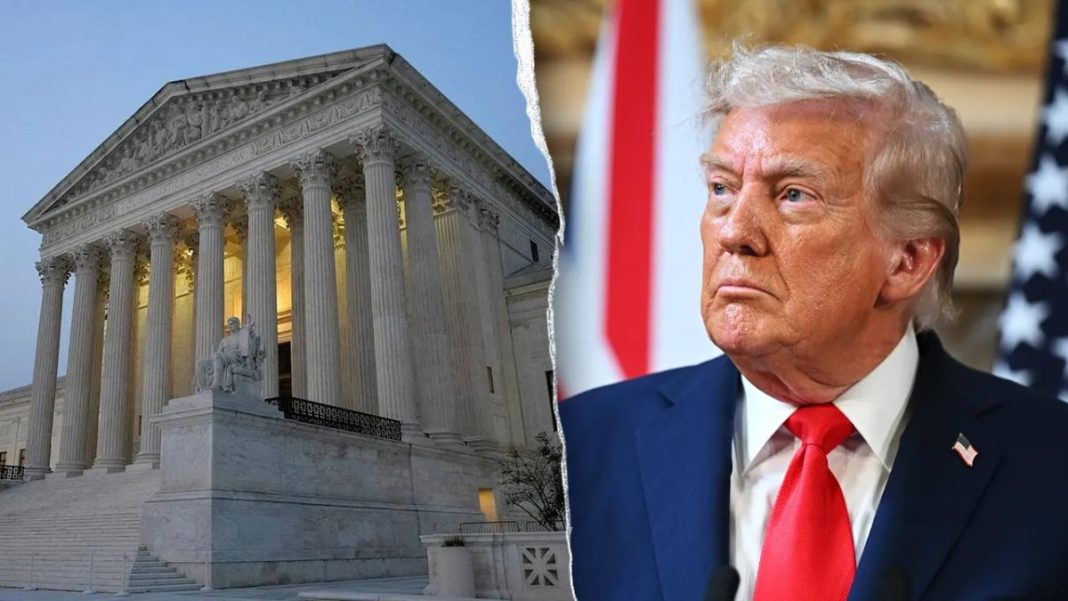Imagine trying to uphold a fundamental principle while simultaneously facing a whirlwind of practical consequences. That’s essentially the tightrope walk the Supreme Court’s conservative justices are on right now, thanks to a particularly thorny tariff case. It’s not just about trade; it’s about power, precedent, and judicial philosophy, all wrapped up in a package that’s proving surprisingly difficult to untie.
The Principle at Stake: Limiting Executive Power
For years, a central tenet of conservative legal thought has been the desire to rein in what they see as an overreaching executive branch. They often argue that Congress, not the President, should be the primary policymaker, especially when it comes to significant economic decisions. This belief often manifests in a strict interpretation of what’s known as the ‘non-delegation doctrine’ – the idea that Congress can’t hand over its law-making power wholesale to other branches. Tariffs, as a form of taxation and trade regulation, fit squarely into this category historically. So, when a case comes along challenging the President’s broad authority to impose tariffs, you’d expect the conservative wing to be eager to restore congressional primacy.
Many conservatives on the court view robust executive action, particularly without explicit and detailed authorization from Capitol Hill, as a slippery slope towards an unchecked presidency. Their ideal vision involves a Congress that shoulders its legislative responsibilities fully, rather than delegating broad swaths of power to agencies or the Oval Office. This philosophical commitment has driven various rulings and opinions over recent terms, making the current tariff debate a significant test of their consistency.
The Practical Bind: Precedent and Pragmatism
However, judicial philosophy rarely exists in a vacuum. The reality is that presidents, for decades, have been granted broad authority by Congress in various areas, including trade. Overturning or significantly limiting this kind of executive power in the tariff context could open a Pandora’s box, potentially calling into question the legality of countless other regulations and actions across the government. It’s a situation where ideological purity might crash head-first into established legal precedent and the practical realities of governing a complex economy.
As one observer recently put it, “The court wants to assert congressional power, but the ripple effects of doing so here could be truly immense, far beyond just tariffs. It’s a constitutional tightrope with real-world economic consequences.” A ruling that severely curtails presidential tariff authority could also be seen as a blow to a future administration, potentially even one favored by some conservatives, limiting their tools for international economic leverage. Conversely, upholding broad executive power might feel like abandoning a core conservative principle simply to maintain the status quo and avoid widespread disruption.
The justices are weighing not just the letter of the law but the profound impact a decision could have on the global economy and the balance of power within the federal government. This isn’t just an abstract legal debate; it’s about how the nation functions.
So, the Supreme Court’s conservatives are faced with a classic catch-22. Do they adhere strictly to their long-held belief in limited executive power and potentially destabilize vast areas of federal law and economic policy? Or do they uphold precedent and the practical needs of governance, even if it means somewhat compromising their judicial philosophy? The decision will not only shape trade policy but could also redefine the balance of power within the federal government for years to come. It’s a fascinating, if difficult, moment for the highest court in the land.




